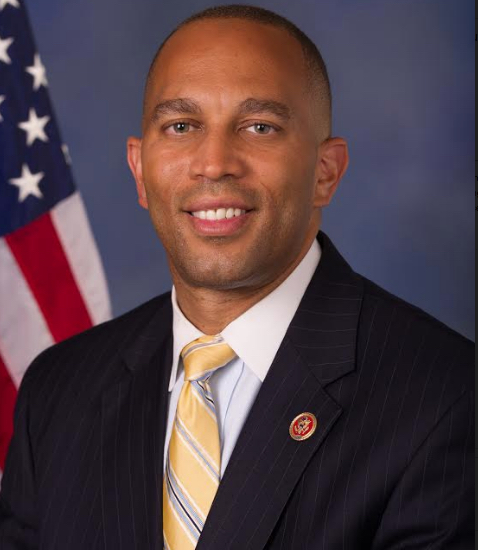In Public Service: Jeffries calls for House hearings on Comey
Congressman says FBI director’s Clinton letter deserves scrutiny

U.S. Rep. Hakeem Jeffries says FBI Director James Comey parachuted into the presidential election and dropped “a bomb on Hillary Clinton.” Photo courtesy of Jeffries’ office
The move by FBI director James Comey to send a letter to congressional leaders on Oct. 28 informing them of the agency’s plans to review newly discovered emails that might pertain to Hillary Clinton’s email controversy was unprecedented and should be scrutinized by the House, according to U.S. Rep. Hakeem Jeffries.
Coney’s letter was issued 11 days before the Nov. 8 presidential election in which Clinton, Republican Donald Trump, Libertarian Gary Johnson and Green Party candidate Dr. Jill Stein will face each other at the polls.
“It was unprecedented for the FBI director to come parachuting into the presidential campaign and dropping a bomb on Hillary Clinton,” said Jeffries (D-Coney Island-Canarsie-parts of Queens), a Clinton supporter.
